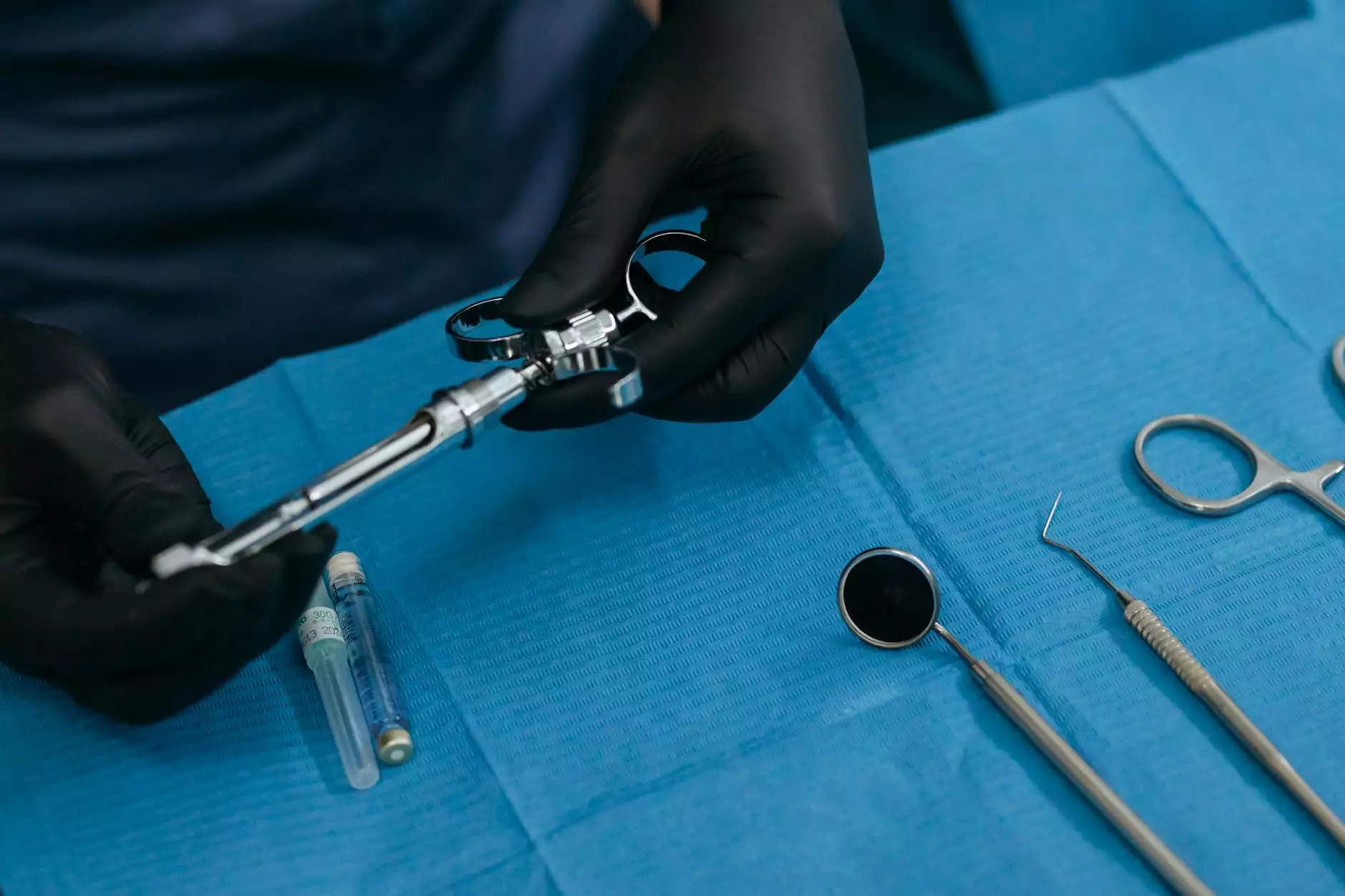Understanding Mobile Dental Clinic Lease Agreements

Mobile dental clinics are an innovative solution to address dental care disparities by bringing essential services directly to communities in need. With the growing demand for accessible dental care, leasing a mobile dental clinic has become a viable option for many dental professionals. This comprehensive guide will delve into the intricacies of a mobile dental clinic lease agreement—focusing on essential clauses, negotiation tips, and best practices to ensure you make informed decisions.
What is a Mobile Dental Clinic Lease?
A mobile dental clinic lease is a legal agreement between a lessor (owner of the mobile dental unit) and a lessee (the dentist or dental practice) that outlines the terms under which the mobile clinic can be operated. This agreement is vital for both parties, as it defines the rights, responsibilities, and liabilities involved in operating a mobile dental clinic.
Key Components of a Mobile Dental Clinic Lease Agreement
Understanding the components of a mobile dental clinic lease agreement is crucial for ensuring that your practice operates smoothly and legally. Here are the essential elements that should be included:
1. Premises Description
The lease should clearly describe the mobile dental clinic unit being leased. This includes:
- Unit identification number or description
- Equipment included (e.g., dental chairs, X-ray machines)
- Condition of the unit at the time of lease signing
2. Lease Term
Defining the lease duration is critical. The lease term could range from several months to multiple years, depending on your business model and financial planning. Ensure it includes:
- Start and end dates of the lease
- Options for renewal or extension
3. Financial Obligations
Financial aspects are crucial in any lease agreement. The section on rent should include:
- The monthly rent amount
- Payment methods and due dates
- Any penalties for late payments
4. Maintenance and Upkeep
Determining who is responsible for maintenance ensures the mobile unit remains in good working condition. This section should specify:
- Responsibilities for routine maintenance
- Procedures for reporting repairs
- Liabilities for damage beyond normal wear and tear
5. Insurance Requirements
Insurance is crucial for protecting both parties. The lease should outline:
- Minimum coverage amounts for liability insurance
- Requirement for naming the lessor as an additional insured party
- Consequences of failing to maintain insurance
6. Indemnification Clause
An indemnification clause protects the lessor from claims arising from the lessee's use of the mobile clinic. It should specify:
- Liabilities covered under this clause
- Process for handling claims
7. Termination Conditions
Understanding how to terminate the lease is vital. This part should cover:
- Conditions under which the lease can be terminated
- Notice periods required for termination
- Steps for returning the mobile unit
8. Governing Laws
The agreement should specify which state laws govern the lease. This affects how disputes are resolved.
Best Practices for Negotiating a Mobile Dental Clinic Lease
Negotiating a mobile dental clinic lease agreement can be daunting, but with the right approach, you can secure terms favorable to your dental practice.
1. Research Market Rates
Before entering negotiations, it’s essential to understand the current market rates for mobile clinic leases in your area. This knowledge will empower you to negotiate more effectively.
2. Clarify Your Needs
Identify your operational needs and budget constraints. Be prepared to discuss:
- The type of services you plan to offer
- Expected patient volume
- Any seasonal variations in operation
3. Consult a Legal Professional
Having a lawyer review the lease agreement before signing is essential. They can help you identify potential pitfalls and ensure all necessary clauses are included.
4. Build a Good Relationship with the Lessor
Establishing a positive relationship with the lessor can be beneficial in negotiations. Open communication can lead to better flexibility in terms and conditions.
5. Be Prepared to Walk Away
If the terms do not meet your needs, be willing to walk away. There are often multiple options available for leasing mobile dental clinics, and it's vital to find one that aligns with your business strategy.
Advantages of Leasing a Mobile Dental Clinic
Leasing a mobile dental clinic offers numerous advantages, especially for new practices or those aiming to expand their reach:
1. Cost-Effectiveness
Leasing reduces the upfront financial burden associated with purchasing a mobile unit outright. This approach allows you to allocate funds towards operational expenses and marketing initiatives.
2. Flexibility
Mobile clinics provide the flexibility to reach underserved populations, allowing you to tailor your services based on community needs. This can enhance your practice’s reputation and patient base.
3. Reduced Operational Risk
Leasing minimizes risks associated with owning and maintaining a vehicle. The lessor typically bears the responsibility for major repairs and unit upgrades, leading to reduced operational headaches for you as the lessee.
4. Quick Accessibility
Mobile clinics are ideal for rapid response in public health emergencies. They allow for quick deployment to areas in need, showcasing your practice's commitment to community health.
Common Mistakes to Avoid in Mobile Dental Clinic Leasing
While leasing a mobile dental clinic can be beneficial, there are common pitfalls that dental professionals should steer clear of:
1. Failing to Read the Fine Print
Many lessees overlook crucial details in the lease agreement, which can lead to misunderstandings later. Always read the fine print to understand your obligations thoroughly.
2. Underestimating Maintenance Costs
Lessee responsibilities for maintenance can be more extensive than anticipated. Ensure you budget appropriately for ongoing maintenance and unexpected repairs.
3. Ignoring State Regulations
Each state has specific regulations regarding mobile healthcare services. Failing to comply can lead to legal issues and penalties. Be sure to research and understand the regulations in your state.
4. Overlooking Insurance Requirements
Neglecting to obtain adequate insurance can jeopardize your practice. Make sure you understand the insurance terms outlined in your lease agreement and secure the necessary coverage.
Conclusion
A mobile dental clinic lease can be a strategic move for your dental practice, providing both operational flexibility and the chance to serve broader communities. By understanding the components of a lease, negotiating wisely, and avoiding common pitfalls, you can set your dental practice on a path to success. Equipped with the knowledge from this guide, you are better prepared to navigate the leasing process, ensuring that your mobile clinic meets the needs of your patients and the goals of your practice.
For more insights on health and medical practices, visit Mobile Dental.









